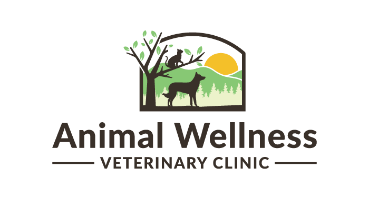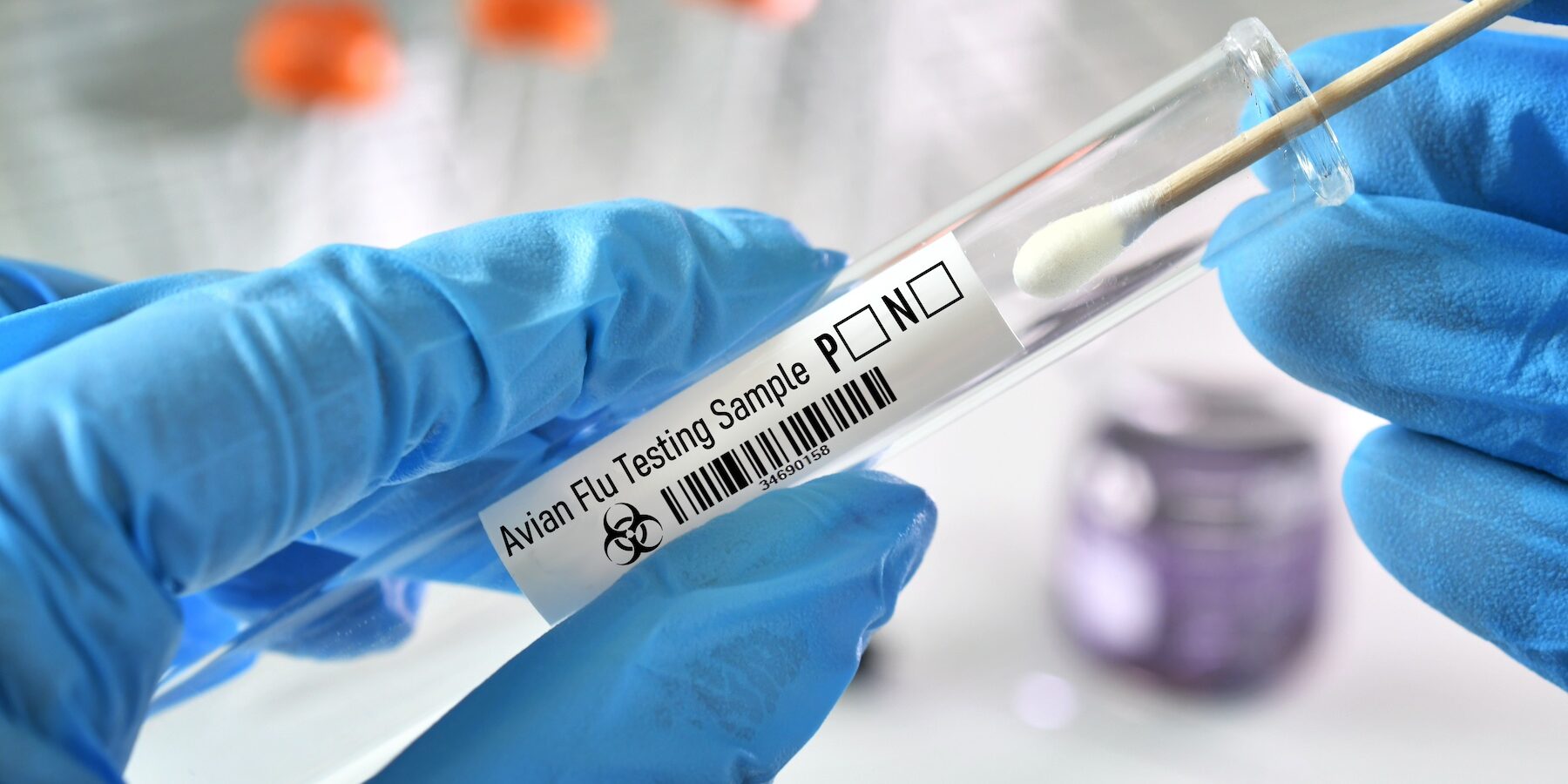Avian Influenza A (H5N1) in Cats
I am highlighting this topic because pet owners, especially cat owners, should be aware of the potential threat of avian influenza. The highest concern for dogs and cats is exposure through food. The virus can be contracted through raw, freeze-dried raw, or lightly cooked poultry diets, as well as raw, unpasteurized milk. Only proper cooking will kill the virus, with a minimum temperature of 165°F.
I reached out to “My Perfect Pet,” a company specializing in lightly cooked pet food, and they assured me that all their diets are cooked to at least 165°F. I also reviewed an update from Small Batch, my preferred raw food company, regarding their monitoring policies, which can be found on their homepage. If you are feeding your pet a poultry-based raw, freeze-dried, or lightly cooked diet, I strongly recommend contacting the company to confirm their safety measures.
Cat Deaths Linked to Bird Flu-Contaminated Raw Pet Food
Since the U.S. outbreak of highly pathogenic avian influenza (HPAI H5N1) in dairy cattle began in March 2024, dozens of cats have contracted the virus. This includes barn cats, feral cats, indoor cats, and even big cats in zoos and the wild.
Pet cats have become ill or died from consuming raw pet food and unpasteurized milk contaminated with the virus. In December 2024, Northwest Naturals issued a voluntary recall of its 2-lb Feline Turkey Recipe raw frozen pet food after it tested positive for H5N1. The affected batch, with “best if used by” dates of May 21, 2026, and June 23, 2026, was distributed in multiple U.S. states and British Columbia, Canada.
A house cat in Washington County, Oregon, contracted H5N1 and died after consuming the contaminated raw frozen pet food. Genetic testing confirmed a match between the virus in the food and the infected cat.
Authorities are urging pet owners to stop feeding the recalled product and dispose of it safely. Pet owners should monitor their pets for unusual illness symptoms and seek veterinary care if needed.
Additionally, in Los Angeles County, a house cat infected with H5N1 consumed raw pet food from Monarch Raw Pet Food. Four other cats in the same household were presumed to have contracted the virus after consuming the same product. The company’s raw pet food was sold at farmers’ markets in California.
Protecting Cats and People
Signs of H5N1 in cats include:
– Fever
– Lethargy
– Heavy discharge from the eyes and nose
– Respiratory distress
– Neurological issues
The disease can progress rapidly, leading to death. Rabies should also be considered as a differential diagnosis for cats showing neurological symptoms.
While human infections are rare, experts emphasize proper hygiene when handling raw pet food and recommend protective measures when interacting with sick or dead animals.
Recommendations to Reduce Risk:
✔ Limit contact with sick or dead animals.
✔ Keep cats indoors to prevent exposure to birds and wildlife.
✔ Change clothes, shoes, and wash exposed skin after handling animals.
✔ Keep pets and poultry away from wild waterfowl.
✔ Avoid feeding pets raw or undercooked meat and unpasteurized dairy.
The Food and Drug Administration also has information on ways to reduce the risk of H5N1 in cats.






